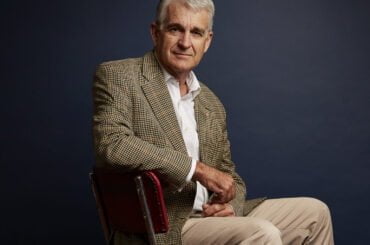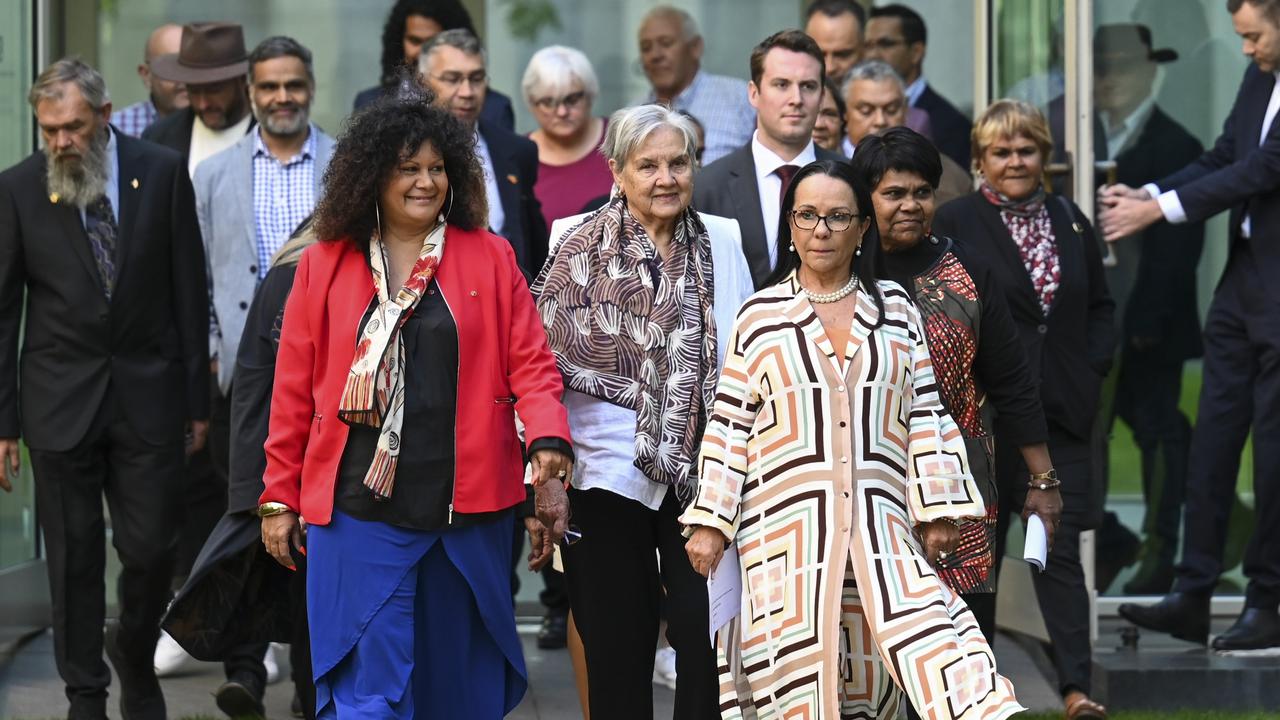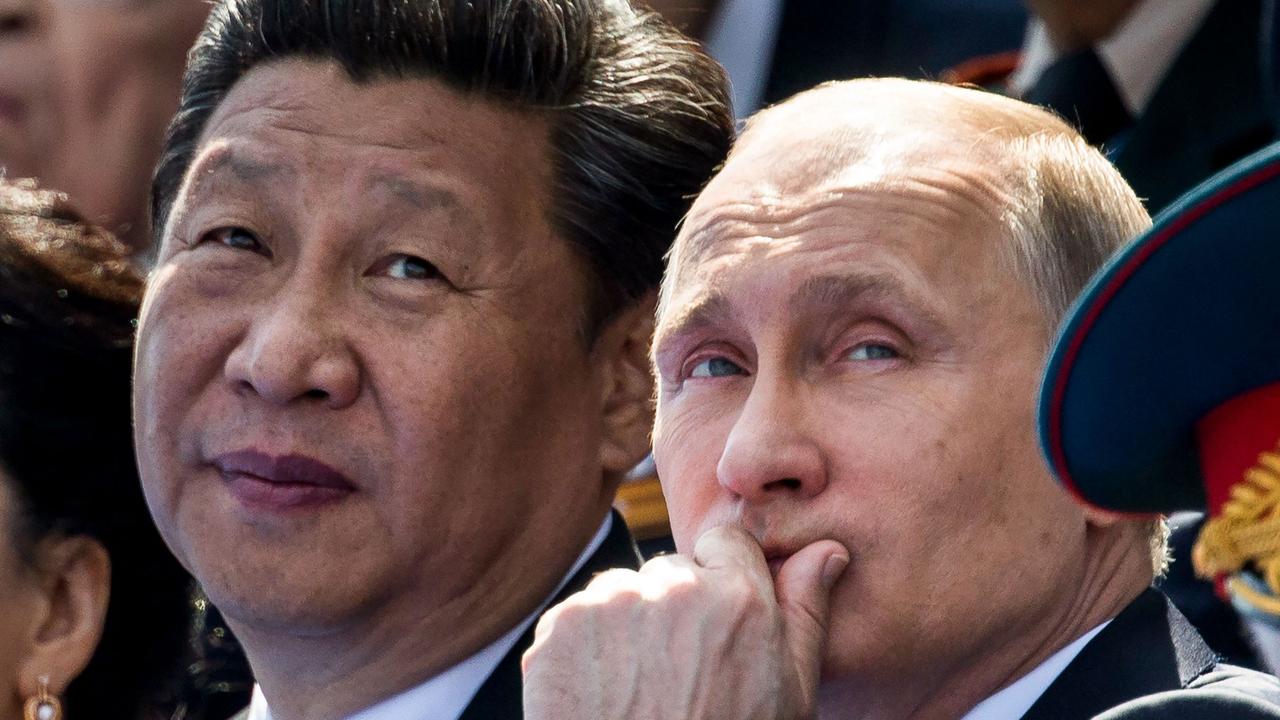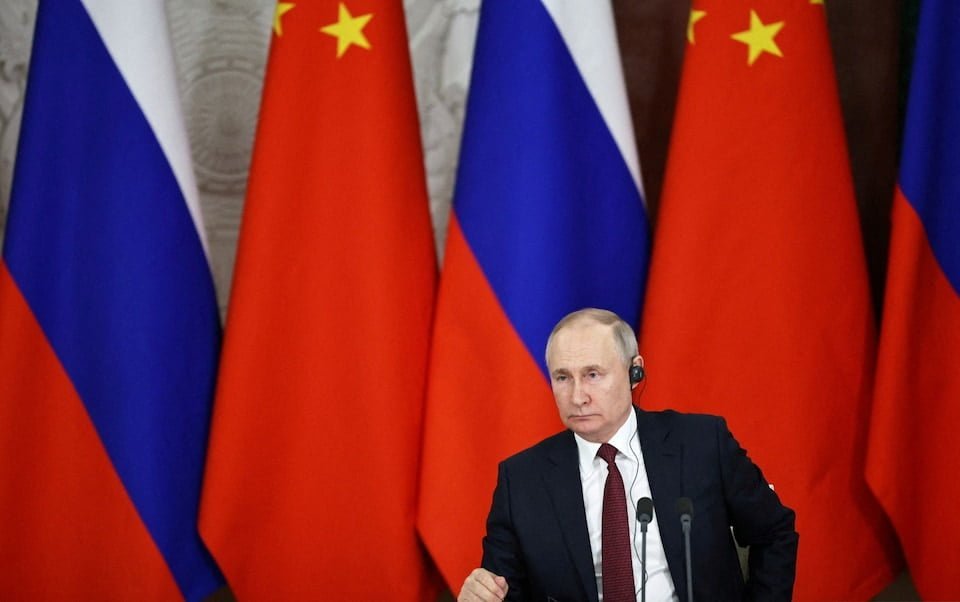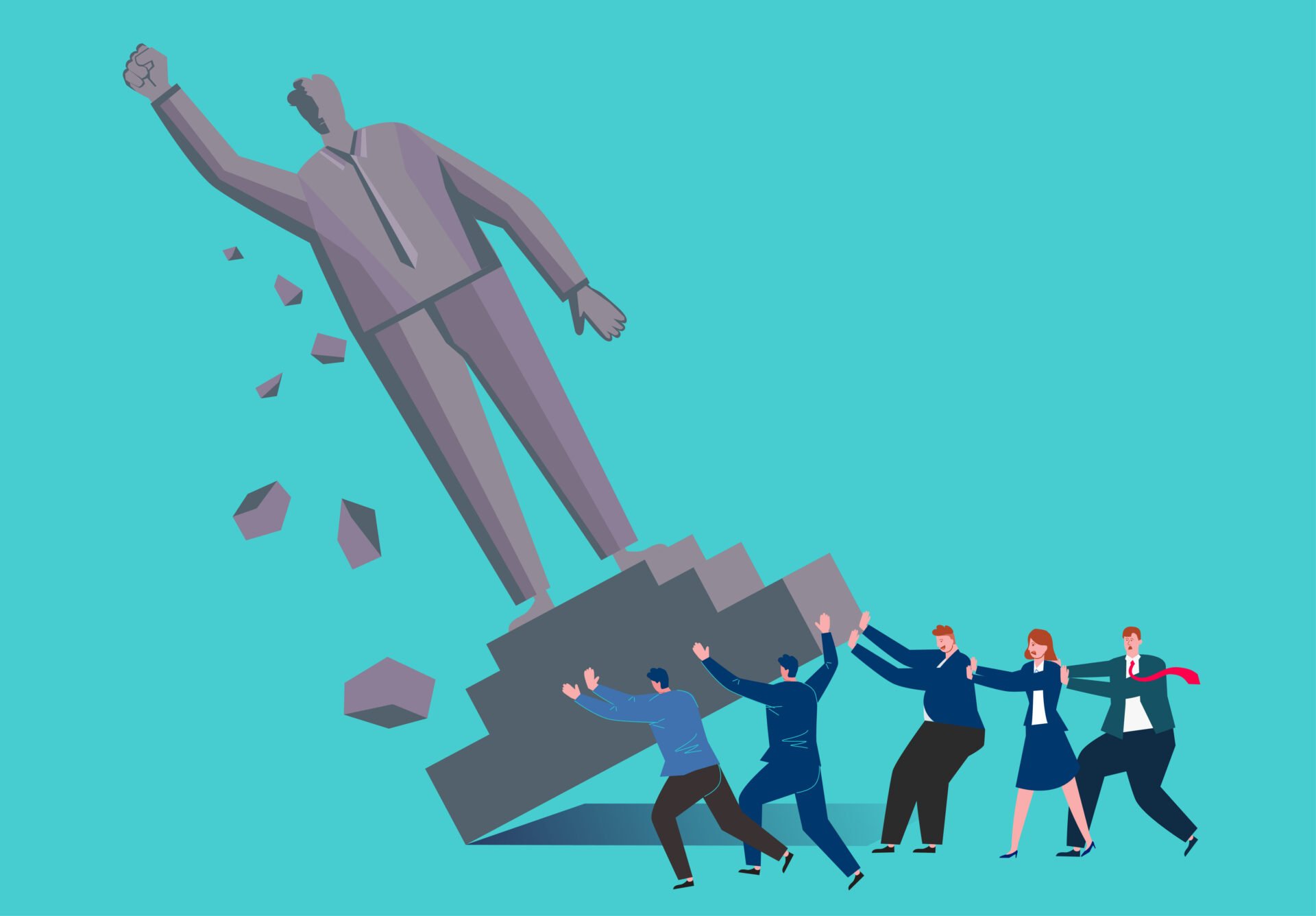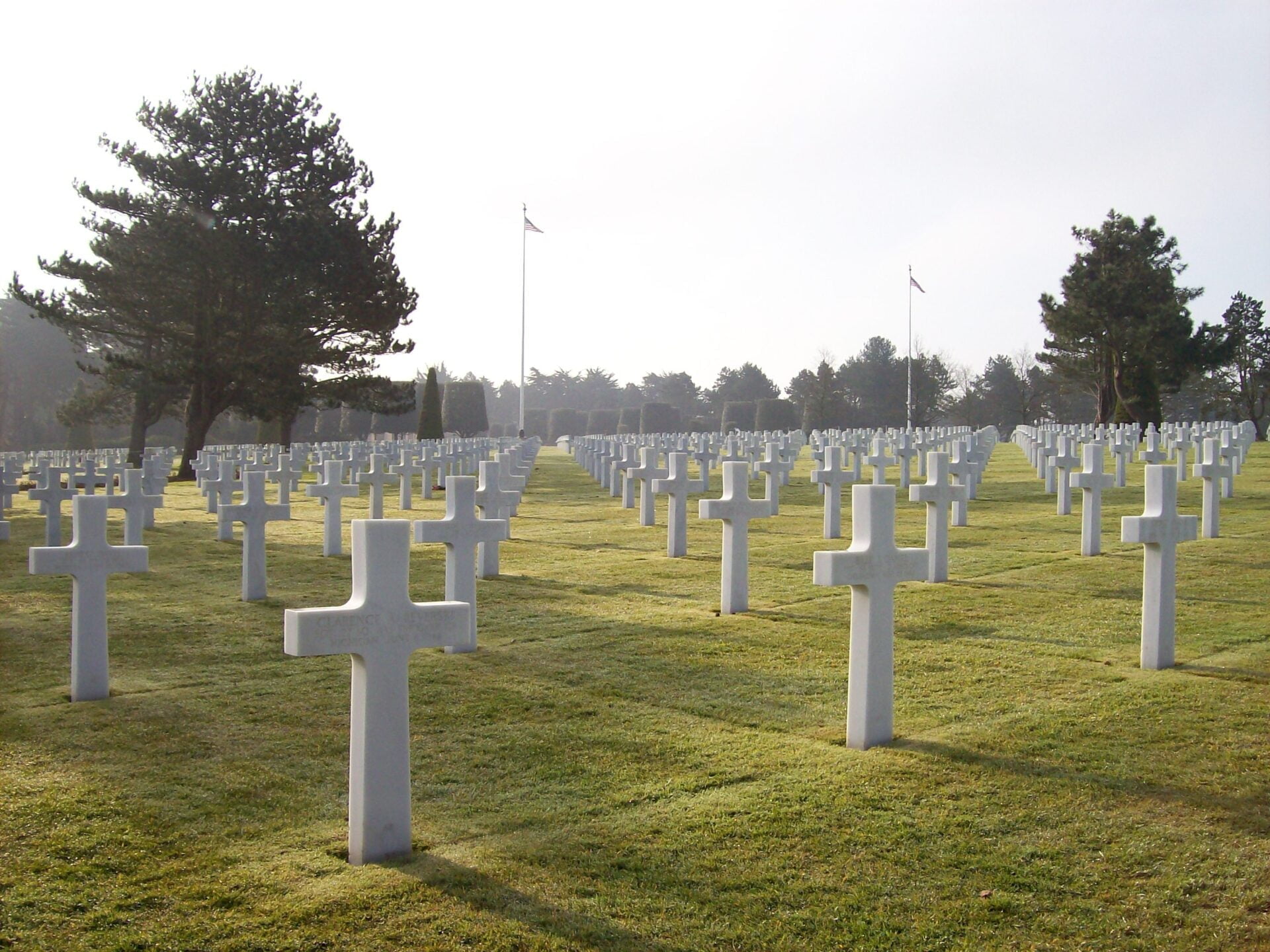
OPINION
We must stop the woke mob from white-anting the West
Published 25 Mar 2022 IN The Australian
Can we be confident that enough citizens would fight a defensive war against China when our own education system seems bent on convincing everyone that the West is evil and oppressive?
At the same time as we marvel at the determination of the Ukrainians and their courageous President Volodymyr Zelensky to defend their nation’s sovereignty, the truth is we have managed to seriously weaken our trust in, and willingness to defend, the beliefs and ideals that underpin our own democratic freedoms.
To be confident in our Western civilisation is not the same as saying the West is without its sins. After all, we’ve been obsessed with them over the past 20 years: racism, colonialism, patriarchy. This campaign has been so relentless and so without balance that Professor Frank Furedi says we are inculcating in our young people the idea that they are inheriting such a “nightmarish” culture that it is not worth defending.
What would be happening in Ukraine right now if its citizens had been convinced their own society was purely a force of oppression and not worth defending? And yet post-World War II history is a remarkable declaration of what can be accomplished when the principles of liberty and its foundation – human dignity – form the basis of global order.
And make no mistake, although the ideal of “global order” is often cynically sneered at and conflated with the Great Reset, the Russia-Ukraine situation is a sobering warning of what we would be in for sans global order. To quote Thucydides: “The strong do what they want and the weak suffer what they must.”
Such was not the case after World War II as the United States generously helped Japan recover and democratise and, at vast cost to itself, helped stabilise a volatile Europe.
Its Marshall Plan both reinvigorated economies and demonstrated the superiority of capitalist democracy against Soviet authoritarianism. Likewise, after post-World War II decolonisation, those Asian countries that looked to the democratic West as their model – India, South Korea, Taiwan, Singapore – flourished over time, while those that succumbed to communist movements collapsed economically and became bywords for genocide and authoritarianism – Cambodia, Vietnam, North Korea, and China.
The maintenance of this global order has been of particular benefit to our region, and that includes China, which now seeks to overthrow it. No country would likely pay a higher price in terms of loss of its way of life should it succeed as Australia.
Over the past fortnight, I have discussed the situation with three of the world’s experts on warfare and its economic repercussions: Professor Victor Davis Hanson, Professor Niall Ferguson, and Rebeccah Heinrichs. Together, they mount a powerful case for effective economic and military intervention in the Russia-Ukraine conflict, not merely to stop the immediate injustice against the Ukrainians, but to deter a future injustice against Taiwan and the Asia region at the hands of China.
Hanson is without illusions: “Putin has the ability and the potential to crush Ukraine if he puts all his resources there.” The war historian tells us that history’s best advice is to send as many anti-tank weapons and javelin missiles to Ukraine as quickly as possible. If the West steps up then Hanson is “cautiously optimistic” that Putin’s forces can be repelled.
Although there is hopeful talk of Putin’s own people overthrowing him, Hanson warns that Putin’s popularity rose when he invaded Georgia in 2008 and Crimea in 2014: best not to count on such Deus ex machina.
Niall Ferguson is frank that we left Ukraine in a precarious position, “aspiring to be part of the West and yet really having no prospects of being protected by NATO”.
Like Hanson, Ferguson knows that Putin is perfectly capable of using military force for political ends, as he has already done so in Georgia and Crimea. Ferguson is optimistic that Russia’s economy will collapse if it continues down this path. Of course, the wildcard is the extent to which China will step in with relief.
Ferguson is clear: “The key to this whole crisis has been a failure to arm the Ukrainians sufficiently to deter the Russians. Sanctions aren’t a deterrence. Weapons are a deterrence. And we didn’t give the Ukrainians enough, and I think that is at the heart of the current crisis.”
Rebecca Heinrichs, senior fellow at the Hudson Institute, returns us to the big picture, which is the question of who will dominate in the coming world order. “The Russians and the Chinese are both happy to step in if the United States steps away, both in Europe and in Asia,” she says.
Like Hanson and Ferguson, Heinrichs is adamant that more weapons need to be deployed to Ukraine, but also that the US must make it very clear to Russia that if Putin should employ nuclear weapons the retaliation will be catastrophic.
Hanson, Ferguson, and Heinrich are all agreed that one reason this escalated as it did was because of US President Joe Biden’s unwillingness to send enough weapons to end this conflict in the early stages. Ferguson describes the current leadership in the US as “woefully inadequate”.
Hanson reiterates this, particularly regarding the disastrous exit from Afghanistan. Putin saw America effectively abandon a country to the Taliban. Was that taken as a green light for the Russian dictator? Have our actions in relation to Ukraine been effective enough to be taken as a red light to China as it contemplates invading Taiwan?
“We’re in Cold War II,” says Ferguson. But in the long run it is not only our military capacities that we will need to have in order, but our energy policies.
The Ukrainian crisis has revealed the nonsensical energy policy of the West that has been driven by green ideologues. In recklessly reducing its own fossil fuel utilisation and abandoning nuclear power, Europe – Germany in particular under Angela Merkel – virtue signalled itself into dependence on Russian gas and oil.
Heinrichs reminds us that “It’s the size of our economy that allows us to have a first-class military”. Thus, we need to figure out how we can survive economically without being dependent on China, which could disrupt Western economies as quickly as Russia could switch off energy to Germany. Analogously, it’s also worth noting that we realised how vulnerable we were during Covid at China’s control over medical supply chains.
Australia knows better than many how vindictive China can be. Recall the sanctions China imposed on us when Scott Morrison demanded that we need a serious inquiry into the origins of Covid-19.
What Hanson, Ferguson, and Heinrichs remind us of is that this conflict is not just about the future of Ukraine. It’s about the identity and future of the West in the face of a rising China.
The security, energy, and economic challenges ahead are formidable. And yet our most formidable challenge may well be the challenge from within. Heinrichs, like Hanson and Ferguson, stresses the need for the West to end its self-loathing, and calls for “a national revival of cultural confidence” in America.
Hanson warns us about becoming nihilistic about the future of the West because of the pervasiveness of wokeness. We must be careful not to conflate the West with wokeness, which is precisely what Putin wants us to do in order to generate supporters in the West based on his anti-wokeness rhetoric.
The tribalism of identity politics turns nations into houses divided at a time when shifting international balances of power demands us to be in solidarity for our countries. Can we be confident that enough citizens would fight a defensive war against China when our own education system seems bent on convincing everyone that the West is evil and oppressive? A recent university poll in America discovered that 52 per cent of Democrat voters would sooner flee the US than fight if it was invaded.
Our challenges in the West are not merely economic and strategic. As Sir Robert Menzies would have said, ours is also a crisis of spirit. Ukrainians have proven that they have spirit in spades; the question is whether we in the prosperous, comfortable West, to whom the spirited Ukrainians now desperately look to for support, have enough of it.
As Ferguson warns, one of the greatest dangers of all is the West’s attention deficit disorder – our propensity to be distracted from major global security challenges and mesmerised by woke sideshows that do little more than demonise our institutions, ideals, and way of life could prove to be fatal for the West. We must now recognise that the greatest threat of freedom for all is if we go back to eating ourselves from within.
Originally published in The Australian
Original Article
